In the quest for optimal oral hygiene, many people often wonder, “Is an electric toothbrush better?” The answer to this question can be nuanced, as it depends on various factors, including personal preferences, oral health conditions, and brushing techniques. In this comprehensive analysis, we will explore the differences between manual and electric toothbrushes, delve into the advantages and disadvantages of each, and provide insights to help you make an informed choice regarding your dental care routine.
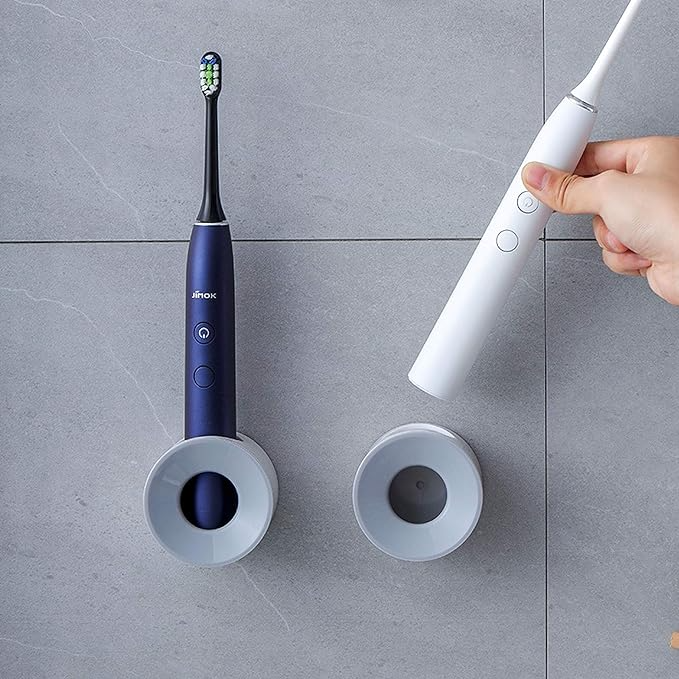
Understanding the Basics: Manual vs. Electric Toothbrush
What is a Manual Toothbrush?
A manual toothbrush is a simple tool designed to help individuals clean their teeth using bristles attached to a handle. It requires no power source other than human effort. Manual toothbrushes come in various sizes, shapes, and bristle types, allowing for a degree of personalization. Users control the pressure, speed, and technique while brushing.
What is an Electric Toothbrush?
An electric toothbrush is a powered device that automates the brushing process. These toothbrushes utilize oscillating, rotating, or sonic technology to enhance the cleaning effect on teeth and gums. They often come equipped with various features such as timers, pressure sensors, and multiple cleaning modes. Given their advanced technology, many people ask, “Is an electric toothbrush better?”
Advantages of Electric Toothbrushes
Enhanced Cleaning Efficiency
A significant advantage of electric toothbrushes lies in their ability to provide a more effective cleaning experience. Research has shown that electric toothbrushes often remove plaque more efficiently than manual options. For instance, studies have indicated that individuals who use electric models can reduce plaque levels by up to 21% more than those who use manual toothbrushes.
Built-in Timers and Pressure Sensors
Many electric toothbrushes come with built-in timers that encourage users to brush for the recommended two minutes. Some models also feature pressure sensors that alert users if they are brushing too hard, a common cause of gum damage. This technology addresses a vital aspect of dental hygiene, as correct brushing duration and pressure contribute to preventing cavities and gum disease.
Consistent Technique
For individuals who struggle with maintaining proper brushing technique, electric toothbrushes can be beneficial. The automated motion can help ensure more uniform coverage and consistent pressure, helping to maintain an effective cleaning routine. Users often find that they do not have to worry about their brushing habits as much with a powered toothbrush.
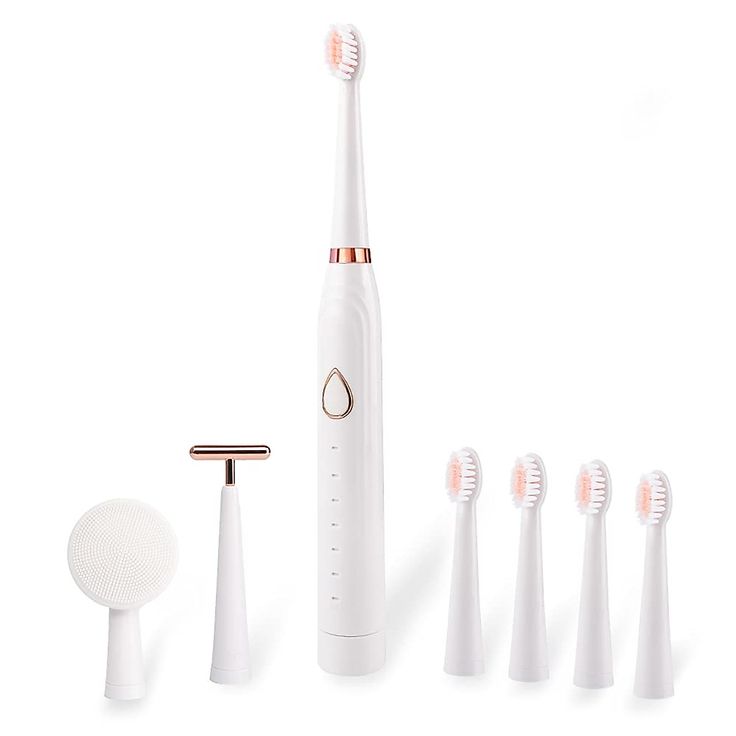
Disadvantages of Electric Toothbrushes
Cost Considerations
While electric toothbrushes often provide superior cleaning capabilities, they can come at a higher cost compared to manual toothbrushes. Initial investments and ongoing costs for replacement brush heads can add up significantly. This financial aspect can be a deciding factor for some individuals when assessing, “Is an electric toothbrush better?”
Dependence on Batteries or Charging
Electric toothbrushes rely on batteries or electricity, meaning users must remember to charge the device or replace batteries. If you travel frequently or have limited access to charging outlets, this reliance can be inconvenient. In such situations, many people find manual toothbrushes much easier to manage.
Maintenance and Care
Electric toothbrushes often require more maintenance than manual options. Users need to regularly clean their devices and replace the brush heads every three months or according to the manufacturer’s recommendations. This additional responsibility can be seen as a drawback for some individuals.
Advantages of Manual Toothbrushes
Cost Efficiency
One of the most significant advantages of manual toothbrushes is their affordability. They are widely available, and their low price makes them accessible to a broad range of consumers. Unlike electric options, they do not require batteries or charging, resulting in minimal ongoing costs.
Portability and Convenience
Manual toothbrushes are lightweight and easy to carry, making them a convenient choice for travel. Unlike electric toothbrushes, there’s no need to worry about power sources or battery life. A manual toothbrush easily fits into any toiletry bag and can be used anywhere, ensuring that you can maintain your brushing routine on the go.
Simplicity in Use
Many people appreciate the simplicity of manual toothbrushes. There are no complicated features to manage, and the user has complete control over the brushing technique. This straightforward design appeals to those who prefer a minimalist dental care approach.
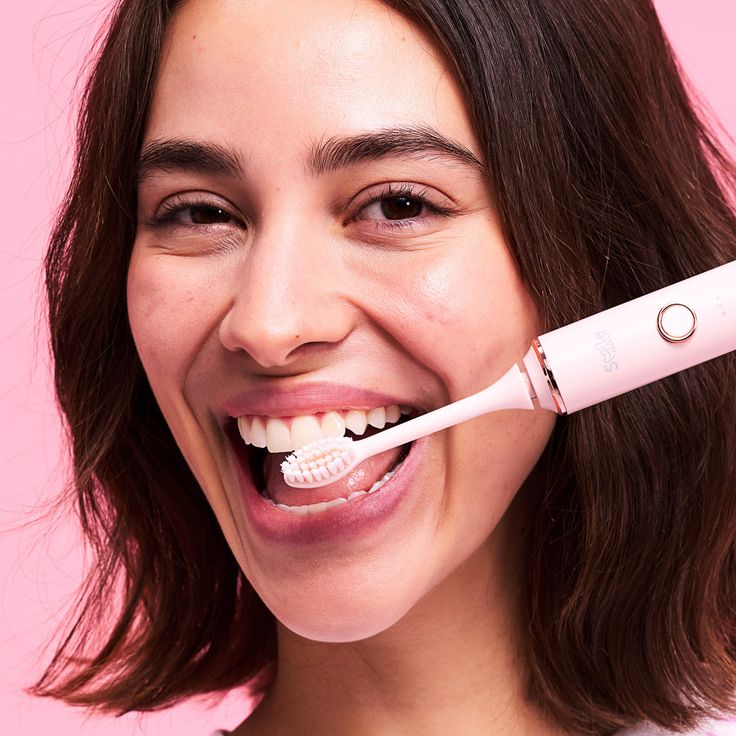
Disadvantages of Manual Toothbrushes
Variable Cleaning Effectiveness
Manual toothbrushes require proper technique to be effective. Many users may not brush for the recommended time or may apply too much pressure. As a result, plaque removal might be less efficient compared to electric toothbrushes. The question “Is an electric toothbrush better?” often arises from the concerns surrounding inconsistent cleaning results with manual brushes.
Lack of Advanced Features
Manual toothbrushes do not offer the advanced features found in electric models, such as timers or pressure sensors. This lack of technology means users must rely on their knowledge and self-discipline to ensure they are maintaining effective brushing habits. For some people, this may lead to overlooked areas or missed opportunities for thorough cleaning.
Which One is Right for You?
Assessing Your Oral Health Needs
To determine whether an electric toothbrush is better suited for you, consider your unique oral health needs. If you struggle with plaque buildup, have braces, or deal with gum issues, an electric toothbrush may be advantageous. Its ability to enhance cleaning efficiency can lead to better overall dental health.
Personal Preferences
Evaluate your personal preferences regarding convenience, travel, and maintenance. If you prefer low-maintenance dental care, a manual toothbrush may be a better fit. Conversely, if you enjoy using advanced technology and comprehensive features, an electric toothbrush may align more closely with your preferences.
Feedback from Dental Professionals
Consulting with your dentist or dental hygienist can provide valuable insights tailored to your situation. They can help assess your oral health, discuss your brushing habits, and recommend the most effective options for your specific needs. Many professionals advocate for electric toothbrushes due to their effectiveness, solidifying the question, “Is an electric toothbrush better?” in the minds of many patients.
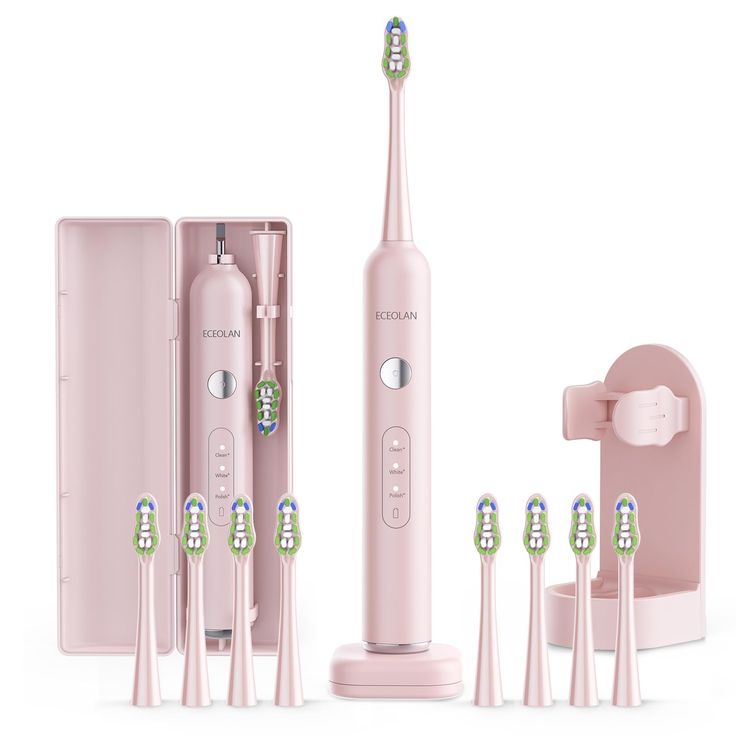
The Impact of Brushing Technique
Importance of Technique
Regardless of whether you use a manual or electric toothbrush, your brushing technique plays a crucial role in overall oral hygiene. Even when using an electric toothbrush, it is essential to apply the right amount of pressure and angle. Understanding proper technique can maximize the benefits of your chosen toothbrush.
Instructional Resources
Several resources are available to help enhance brushing techniques. Many electric toothbrush brands provide instructional videos, guides, and even coaching through their smartphone applications. These resources aim to improve users’ approach to brushing, leading to better outcomes.
The Best of Both Worlds: Combining Options
Consider Switching Between Models
For some individuals, using both electric and manual toothbrushes can be beneficial. For instance, use an electric toothbrush at home to maximize efficiency and a manual toothbrush while traveling. This combination allows you to experience the advantages of both types while catering to diverse circumstances.
Creating a Complete Oral Hygiene Routine
Regardless of your toothbrush choice, creating a complete oral hygiene routine is essential. Floss daily, use antibacterial mouthwash, and schedule regular dental check-ups to maintain optimal oral health. Variety is key; incorporating multiple methods can yield the best results.
Real-Life Experiences: What People Say
User Testimonials
Many individuals have taken the time to share their thoughts on portable dishwashers through various reviews. In addition, discussions about manual versus electric toothbrushes have become increasingly popular. Users often share their personal experiences regarding how different types of toothbrushes have impacted their dental hygiene routines. Some users enthusiastically report that switching to electric toothbrushes has significantly transformed their oral care. They note improvements in plaque levels and greater comfort while brushing. These favorable experiences highlight the benefits of using electric models.
On the other hand, some individuals recount success stories with manual toothbrushes. They express satisfaction, stating that a simple manual toothbrush sufficiently meets their hygiene needs. For these users, traditional brushing techniques still work well, proving that not everyone requires an electric option.
Online Resources and Communities
Online platforms and forums serve as valuable resources for sharing insights, tips, and experiences related to dental care. Engaging in these discussions can greatly assist you in making an informed decision about which toothbrush is best for you. You may find valuable advice from others who have faced similar choices, helping clarify whether an electric toothbrush might be the right option for your needs.
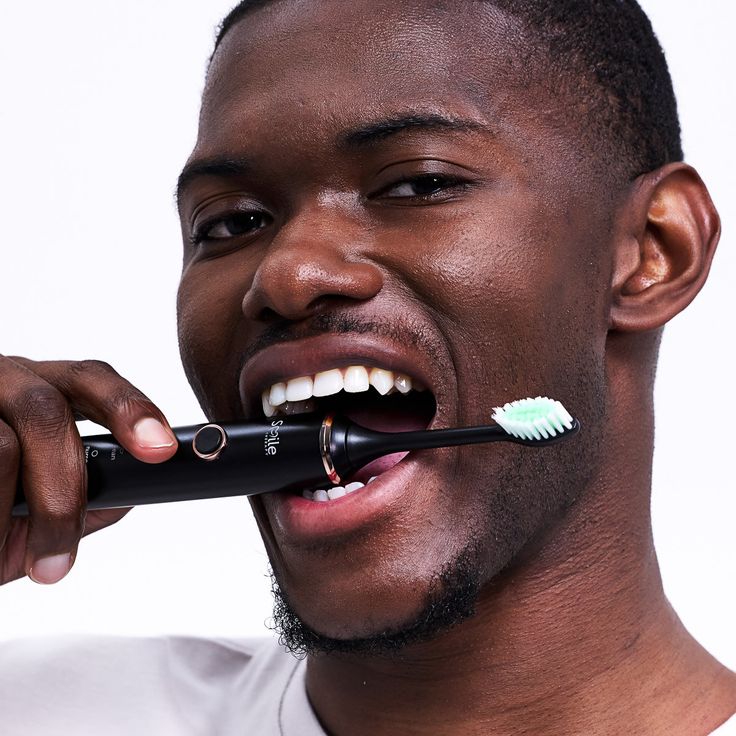
Conclusion: Making an Informed Choice
Ultimately, the question, “Is an electric toothbrush better?” does not have a one-size-fits-all answer. Both electric and manual toothbrushes have their benefits and drawbacks. Your ultimate choice should be based on your individual preferences, oral health needs, and lifestyle.
Consider factors such as budget, convenience, and cleaning efficiency when making your decision. Consulting with dental professionals and considering user experiences can guide you toward the best option. Above all, the most crucial aspect of oral hygiene is to maintain a consistent brushing routine, regardless of the toothbrush type you choose. Making an informed decision will enhance your oral health and, ultimately, your overall well-being.
